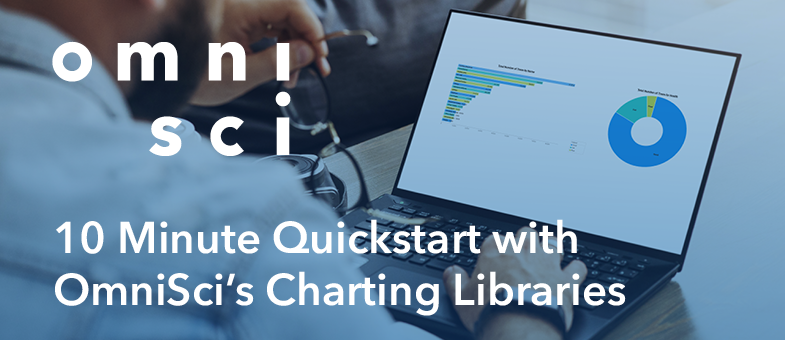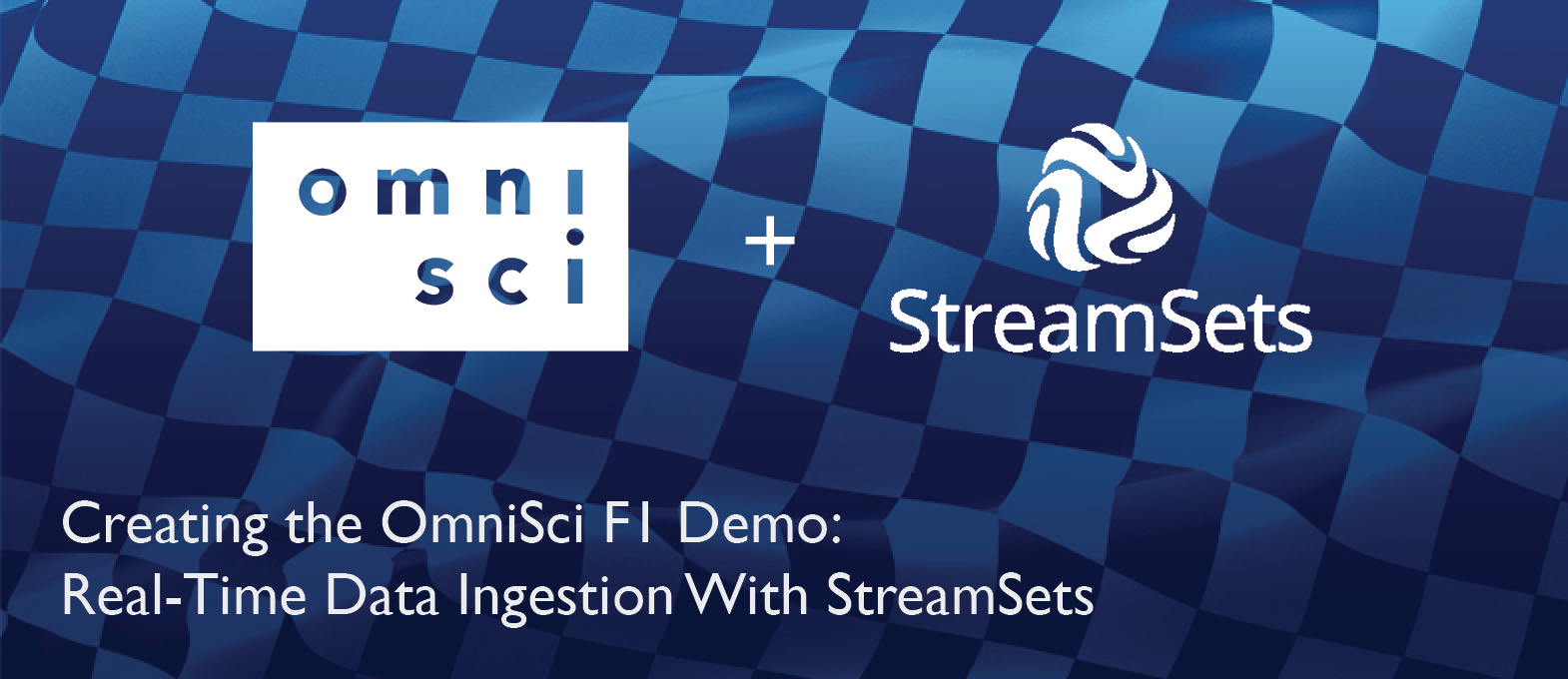
Learn more about OmniSci 4.7, our latest release delivering exciting new features for spatial temporal analysis workflows.

A call is made to NYC’s 311 Service line every 14 seconds. Explore what’s prompting the calls, uncover patterns, and more using OmniSci Immerse.

Getting started with OmniSci’s Charting Libraries has never been simpler. Read this blog post to learn how to create an interactive visualization from our provided example project on GitHub.

OmniSci can be used to navigate and analyze years of fine grain historical traffic data. This post analyzes San Francisco traffic from 2015-2019, showing an increase in congestion in key commuting routes.

The rapid acceleration in data gathering is generating major changes in GEOINT and with GPU-accelerated tools, you can now tap into this data for fast geospatial analytics.

It’s important for companies to acknowledge and validate the phases of life that every employee passes through, via corporate policies, workplace culture, and personal interactions.

The F1 Demo shown at NVIDIA GTC 2019 was built completely using open-source technologies. Read this blog to learn how StreamSets was used for data ingestion into OmniSci.

OmniSci is launching its first user conference, Converge. Read the blog to learn more about this inaugural event.

Learn more about OmniSci 4.6, the largest collection of new features and improvements delivered across the OmniSci platform since OmniSci 4.0 last year.

The landscape for GIS professionals looks very different today than it did forty years ago. Explore the changes in GIS over time with an industry expert.




